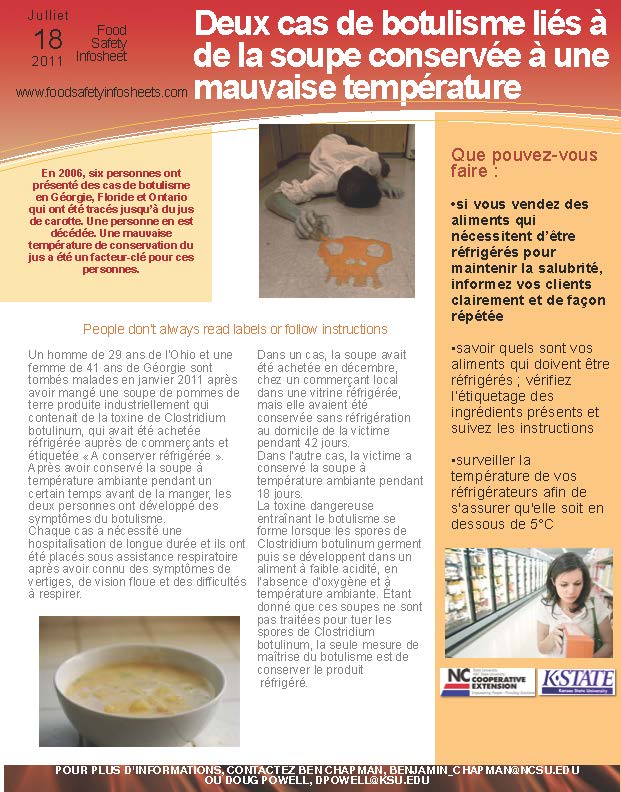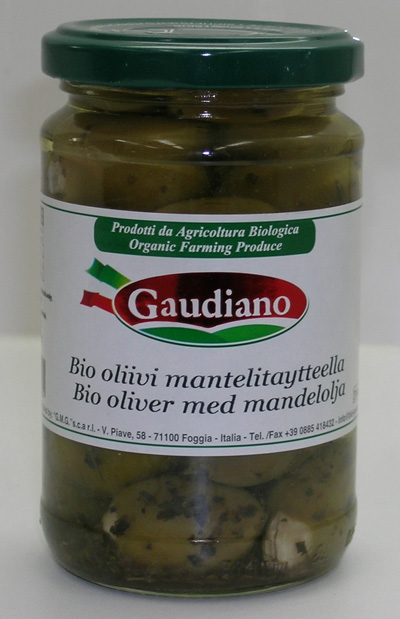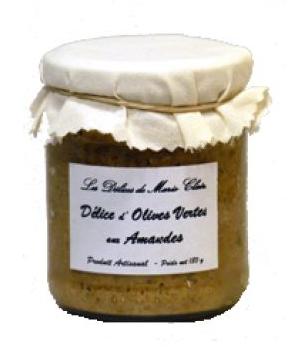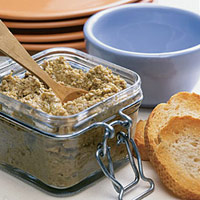En 2006, six personnes ont présenté des cas de botulisme en Géorgie, Floride et Ontario qui ont été tracés jusqu’à du jus de carotte. Une personne en est décédée. Une mauvaise température de conservation du jus a été un facteur-clé pour ces personnes.
Que pouvez-vous faire :
• si vous vendez des aliments qui nécessitent d’être réfrigérés pour maintenir la salubrité, informez vos clients clairement et de façon répétée
• savoir quels sont vos aliments qui doivent être réfrigérés ; vérifiez l’étiquetage des ingrédients présents et suivez les instructions
• surveiller la température de vos réfrigérateurs afin de s’assurer qu’elle soit en dessous de 5°C
Les consommateurs ne lisent pas toujours l’étiquetage ou ne suivent pas toujours les instructions présentes
Un homme de 29 ans de l’Ohio et une femme de 41 ans de Géorgie sont tombés malades en janvier 2011 après avoir mangé une soupe de pommes de terre produite industriellement qui contenait de la toxine de Clostridium botulinum, qui  avait été achetée réfrigérée auprès de commerçants et étiquetée « A conserver réfrigérée ». Après avoir conservé la soupe à température ambiante pendant un certain temps avant de la manger, les deux personnes ont développé des symptômes du botulisme.
avait été achetée réfrigérée auprès de commerçants et étiquetée « A conserver réfrigérée ». Après avoir conservé la soupe à température ambiante pendant un certain temps avant de la manger, les deux personnes ont développé des symptômes du botulisme.
Chaque cas a nécessité une hospitalisation de longue durée et ils ont été placés sous assistance respiratoire après avoir connu des symptômes de vertiges, de vision floue et des difficultés à respirer.
Dans un cas, la soupe avait été achetée en décembre, chez un commerçant local dans une vitrine réfrigérée, mais elle avaient été conservée sans réfrigération au domicile de la victime pendant 42 jours.
Dans l’autre cas, la victime a conservé la soupe à température ambiante pendant 18 jours.
La toxine dangereuse entraînant le botulisme se forme lorsque les spores de Clostridium botulinum germent puis se développent dans un aliment à faible acidité, en l’absence d’oxygène et à température ambiante. Étant donné que ces soupes ne sont pas traitées pour tuer les spores de Clostridium botulinum, la seule mesure de maîtrise du botulisme est de conserver le produit
réfrigéré.
.jpg) Valley said in a statement.
Valley said in a statement.
 that the samples taken from the jar for testing could have been separately contaminated from another source. Further tests on this and from another unused jar of the korma sauce taken from the home of the patients are underway.
that the samples taken from the jar for testing could have been separately contaminated from another source. Further tests on this and from another unused jar of the korma sauce taken from the home of the patients are underway. can flourish.
can flourish..jpeg) Another adult member of the same family remains in hospital.
Another adult member of the same family remains in hospital.
 they often hide in the cell’s toilet, and when those foods are in an anaerobic environment they can create a breeding ground for the bacteria.
they often hide in the cell’s toilet, and when those foods are in an anaerobic environment they can create a breeding ground for the bacteria.
 "at least three weeks" and a respirator under general anesthesia. The first symptoms manifested themselves in the aftermath of Sunday dinner.
"at least three weeks" and a respirator under general anesthesia. The first symptoms manifested themselves in the aftermath of Sunday dinner. analysis, including a green almond tapenade (180 g pot-lot No. 112005) and a sun-dried tomato spread (jar of 180g – Lot No. 112607) for optimal use by date 16/12/12. "Pending the results and as a precaution it is advisable to suspend use of the products from these two lots," according to the prefecture.
analysis, including a green almond tapenade (180 g pot-lot No. 112005) and a sun-dried tomato spread (jar of 180g – Lot No. 112607) for optimal use by date 16/12/12. "Pending the results and as a precaution it is advisable to suspend use of the products from these two lots," according to the prefecture. avait été achetée réfrigérée auprès de commerçants et étiquetée « A conserver réfrigérée ». Après avoir conservé la soupe à température ambiante pendant un certain temps avant de la manger, les deux personnes ont développé des symptômes du botulisme.
avait été achetée réfrigérée auprès de commerçants et étiquetée « A conserver réfrigérée ». Après avoir conservé la soupe à température ambiante pendant un certain temps avant de la manger, les deux personnes ont développé des symptômes du botulisme.  – Sepa qué alimentos requieren refrigeración. Revise y siga las instrucciones en
– Sepa qué alimentos requieren refrigeración. Revise y siga las instrucciones en